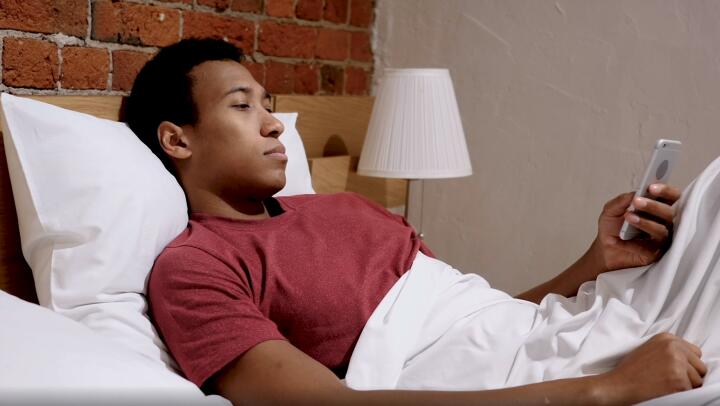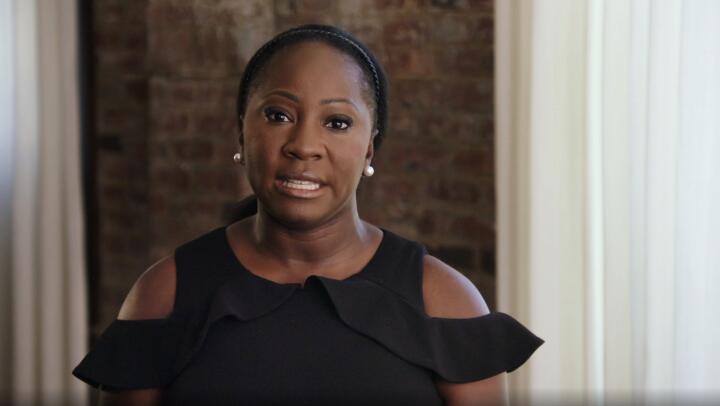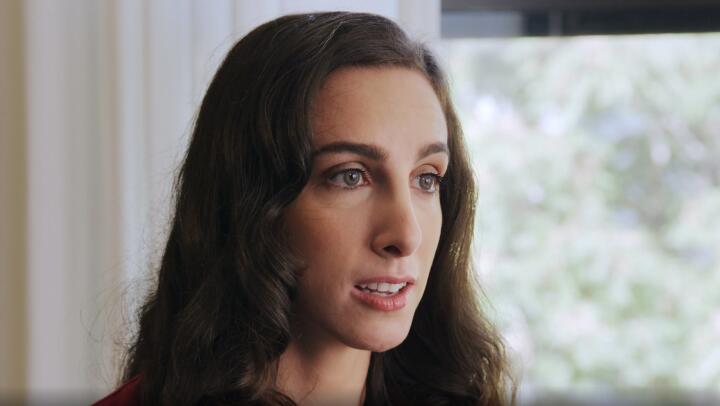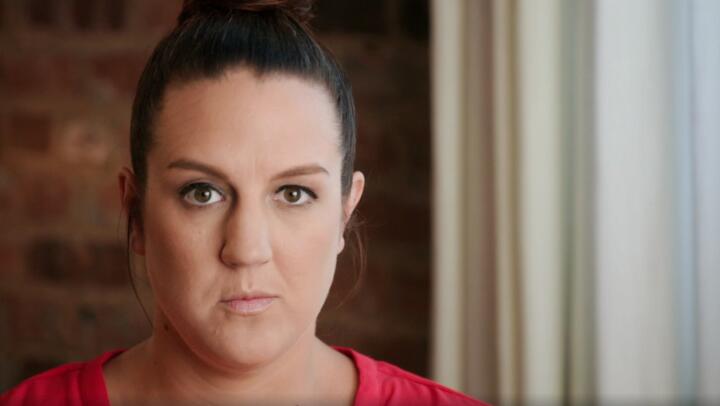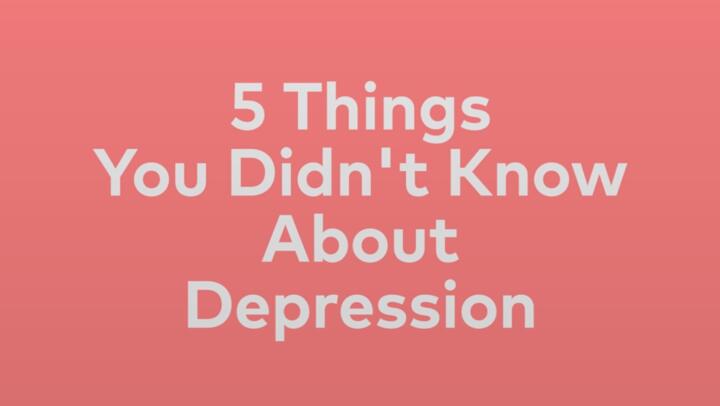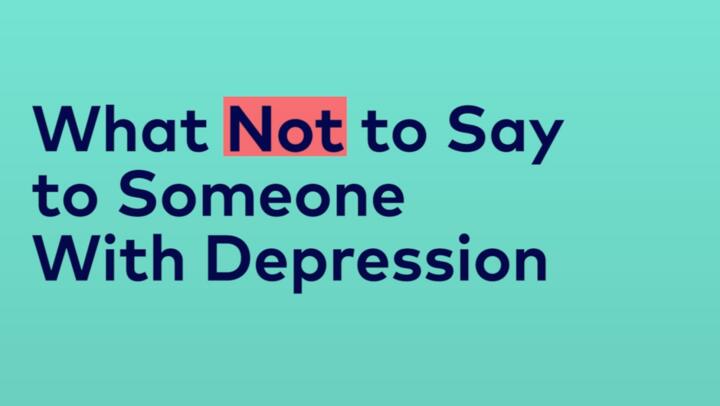What is paranoia?
In general, a paranoia definition is a feeling of distrust, suspicion, or persecution that is not based in reality. Paranoia is a kind of delusion in which a person thinks he or she is being singled out in a negative way. People with paranoia believe others have hidden motives or wish to harm them. Often, paranoia causes mistrust, hostility, social isolation, and withdrawal. People with paranoia will look for evidence to prove their faulty beliefs. They also refuse to see they have an exaggerated view of their own significance.
Doctors do not know the exact cause of paranoia. It is more common in men than women, though the exact prevalence is not known.
A mental health provider should evaluate paranoia symptoms. There are many types of paranoia. It is a mental and emotional symptom of many types of mental illness, including paranoid personality disorder and paranoid schizophrenia.
It is often hard to treat paranoia because people with paranoia tend to be suspicious of medical intervention. For those who receive treatment, therapy and medication may help to reduce feelings of paranoia. Usually, paranoia occurs as part of a personality disorder or mental illness. Full treatment depends on the underlying disorder. Untreated paranoia may lead to social isolation and absenteeism from work or school.
Seek immediate medical care (call 911) if you experience paranoia along with hearing voices or seeing things that are not real (hallucinations), if you are unable to care for your basic needs, or if you have thoughts of harming yourself or others.
If your paranoia is persistent or causes you concern, seek prompt medical care.
What other symptoms might occur with paranoia?
Paranoia may accompany other symptoms, which vary depending on the underlying disease, disorder or condition. Mental and emotional symptoms such as paranoia may be a sign of a complicated mental illness.
Schizophrenia symptoms that may occur along with paranoia
Paranoia may accompany other symptoms related to schizophrenia including:
- Beliefs that are not grounded in reality (delusions)
- Difficulty sleeping
- Disorganization
- Sensations that are not real (hallucinations)
- Social isolation
- Unresponsiveness to other people and the environment (catatonia)
- Withdrawal or depression
Other symptoms that may occur along with paranoia
Paranoia may occur on its own or be a symptom of paranoid personality disorder or obsessive-compulsive disorder. Other symptoms that may occur along with paranoia include:
- Anxiety
- Detachment
- Harbor grudges
- Hostility
- Hypersensitivity to perceived slights
- Inability to perform daily tasks
- Recurrent thoughts (obsession)
- Repeated actions you cannot control (compulsions)
Serious symptoms that might indicate a life-threatening condition
In some cases, paranoia may be a symptom of a life-threatening condition that should be immediately evaluated in an emergency setting. Seek immediate medical care (call 911) if you, or someone you are with, have any of these life-threatening symptoms including:
- Being a danger to yourself or others, including threatening, irrational or suicidal behavior
- Inability to care for yourself
- Seeing or hearing things that are not there (hallucinations)
What causes paranoia?
The exact cause of paranoia is not known. It may be related to a chemical imbalance in the brain, heredity, stress, or a traumatic life event. In some cases, it may be due to injury or infection of the brain. Usually, paranoia is a symptom of a mental illness.
Mental disorder causes of paranoia
Paranoia may be caused by a variety of mental disorders including:
- Obsessive-compulsive disorder
- Paranoid personality disorder
Other causes of paranoia
Paranoia can also be caused by a variety of events or other conditions including:
- Head injury or infection
- Heredity
- Social repression
- Stress
- Traumatic life event
When should you see a doctor for paranoia?
People with mental disorders that have paranoia as a symptom usually do not realize there is a problem. For people with paranoid personality disorder, their way of thinking is normal to them. People with paranoid schizophrenia often lack awareness of having any mental health problems. Because of this, getting help for people with paranoia typically depends on a friend or family member intervening.
If you recognize signs of paranoia in yourself, see your doctor or find a mental health provider as soon as possible. Left untreated, paranoid disorders can worsen and cause problems with relationships and responsibilities.
If you think someone you care about is suffering from paranoia, try talking with them first. Express your concerns in a nonconfrontational way. Offer support and help finding a qualified mental health provider. It is possible the person may deny any problems and decline your assistance. Continue to provide encouragement and support.
Call 911 or go to your nearest emergency room for paranoia when:
- A friend or loved one is unable to care for themselves with food, clothing or shelter.
- A friend or loved one poses a danger to themselves or others.
- A friend or loved one has expressed suicidal thoughts or has attempted suicide.
How do doctors diagnose the cause of paranoia?
In general, diagnosing the cause of paranoia involves ruling out physical problems that mimic paranoia. To do this, doctors may perform an exam and order blood tests and imaging exams. This can help eliminate possibilities such as neurological diseases, endocrine problems, and drugs and alcohol.
If doctors can rule out medical problems, a psychiatric evaluation is necessary. A mental health provider will conduct an interview and administer a questionnaire. Family and friends may also provide input with permission.
Doctors will compare their observations and information from the patient to a set of criteria from the DSM-5 (Diagnostic and Statistical Manual of Mental Disorders). The DSM-5 is a publication from the American Psychiatric Association. Each mental disorder has its own set of criteria in the DSM-5. However, they can have similar symptoms that overlap. It takes a qualified mental health provider to accurately apply the criteria to specific situations.
Questions for diagnosing the cause of paranoia
To diagnose your condition, your doctor or qualified mental health provider will ask you several questions related to your paranoia including:
- How long have you felt your paranoia? Or, when did you first notice your loved one’s paranoia?
- Are there specific events that trigger your, your loved one’s, paranoia?
- Have family members or friends been concerned about your state of mind or behavior?
- Is there a family history of mental illness?
- Do you, or your loved one, have any other symptoms?
- Have you, or your loved one, had a recent injury or infection?
- Have you, or your loved one, had a recent lifestyle change or difficult life event?
- Have you, or your loved one, talked about self-harm or suicide?
- What medications are you, or your loved one, taking?
What are the treatments for paranoia?
The main treatment approach to paranoia depends on the underlying disorder. Both medications and psychotherapy can manage paranoia.
In paranoid personality disorders, psychotherapy is usually the main treatment. It can help you understand your thoughts and behaviors and learn to change them. Medications can be useful for relieving symptoms that may occur along with paranoia. This includes antidepressants, anti-anxiety medicines, mood stabilizers, and antipsychotics.
For paranoia related to schizophrenia, medications are the main treatment. Lifelong use of these medicines is necessary to control the disorder. Psychotherapy is useful for learning to cope with the disorder, maintaining medication therapy, and improving social interaction.
In some cases, severe paranoia may require involuntary hospitalization. Laws regarding this emergency step vary from state to state. In general, it is only appropriate when someone cannot care for themselves or poses an immediate danger to themselves or others. Once stabilized, the person may be a candidate for outpatient care, a day hospital program, or a residential program.
Home remedies for paranoia
There are several self-care strategies you can use if you suffer with paranoia including:
- Avoid alcohol, nicotine and drugs, which can interfere with treatment
- Get regular activity, which can help counteract many negative mental symptoms
- Go to your appointments, including both medical and psychiatric visits
- Join a support group, which can help with coping and staying dedicated to treatment
- Learn about your condition, which can motivate you to continue treatment
- Practice relaxation techniques, such as meditation or yoga
- Take your medications
- Use social services, which can connect you with housing, transportation, and other necessities
What are the potential complications of paranoia?
Paranoia is often difficult to treat due to the suspicion of healthcare workers. Because people with paranoia do not seek treatment, it is likely that any problem underlying the paranoia will be allowed to continue. Because paranoia can be due to serious diseases, failure to seek treatment can result in serious complications and permanent damage.
Once the underlying cause is diagnosed, it is important for you to follow the treatment plan that you and your healthcare professional design specifically for you to reduce the risk of potential complications including:
- Absenteeism from work or school
- Adverse effects of treatment
- Development of an anxiety disorder
- Development of another mental disorder
- Inability to perform daily tasks
- Loss of employment
- Loss of relationships
- Social isolation






